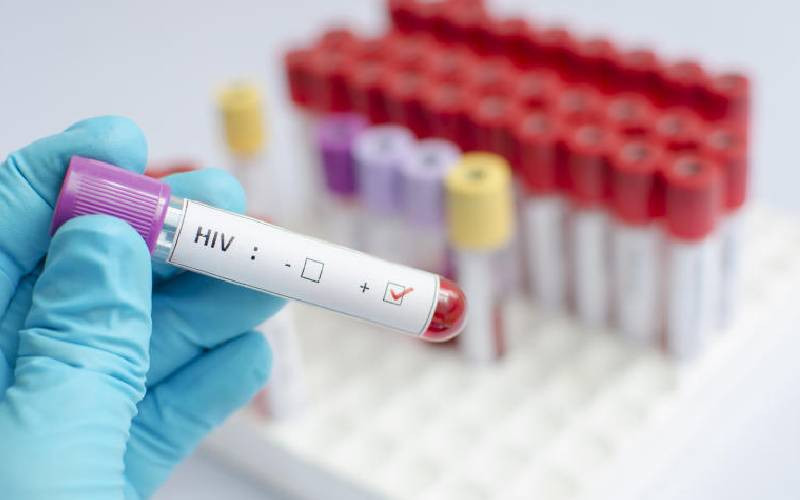By Patrick Mathangani
Despite the high cost of treatment for HIV and Aids and related ailments, most insurance companies have shied away from covering patients.
In a glaring case of discrimination, patients have had to undergo rigorous medical tests to establish their status before they are covered.
While the HIV and Aids Prevention and Control Act of 2006, which came into force early this year, patients still face discrimination.
The Act provides that patients have a right to be treated for HIV and Aids, including access to medical cover. It prohibits insurance companies and employers from forcing people to undergo HIV and Aids tests.
"Every health institution and health management organisation or medical insurance provider shall facilitate access to health care services to persons with HIV without discrimination," says the Act.
deny patients
However, insurance companies retain discretion on whether to accept applications for cover. Some point out the firms could still deny patients full cover depending on his or her medical history.
The Act, however, does not criminalise denial of medical cover to HIV and Aids patients.
CFC Life Assurance last month introduced medical cover tailored for HIV and Aids patients.
In this first of a kind cover known as Blue, members are eligible to sign up with the specialised HIV and Aids Disease Management Programme, in which there is no waiting period and no exclusions.
The company says it respects confidentiality and can’t discuss information without the patients’ consent.
Cunning ways
However, enquiries by The Standard established some insurance companies have come up with cunning ways to beat the Act. One such company, while not forcing those covered to undergo tests, offers less compensation for individuals not willing to be tested.
Those who agree to tests get more compensation, despite paying the same premiums as those not tested.
Stay informed. Subscribe to our newsletter
According to the Association of Kenya Insurers (AKI), other insurance companies have come up with tailor-made products for HIV and Aids patients, albeit at a higher cost.
AKI’s Technical Manager in charge of life insurance, Joseph Jamwaka, said this is because of the higher risk involved with covering an Aids patient.
However, in a country where citizens have shied away from embracing insurance, it is unlikely this can be a way out in footing HIV and Aids bills.
Mr Jamwaka estimates there are about 450,000 citizens with any form of insurance cover, out of a population of 40 million.
He said a code of conduct has been prepared for firms, and AKI has also prepared guidelines to companies in covering HIV and Aids.
An official with the National Aids Control Council said, however, there has been considerable change in the policies of insurance firms since the Act became operational.
 The Standard Group Plc is a
multi-media organization with investments in media platforms spanning newspaper
print operations, television, radio broadcasting, digital and online services. The
Standard Group is recognized as a leading multi-media house in Kenya with a key
influence in matters of national and international interest.
The Standard Group Plc is a
multi-media organization with investments in media platforms spanning newspaper
print operations, television, radio broadcasting, digital and online services. The
Standard Group is recognized as a leading multi-media house in Kenya with a key
influence in matters of national and international interest.
 The Standard Group Plc is a
multi-media organization with investments in media platforms spanning newspaper
print operations, television, radio broadcasting, digital and online services. The
Standard Group is recognized as a leading multi-media house in Kenya with a key
influence in matters of national and international interest.
The Standard Group Plc is a
multi-media organization with investments in media platforms spanning newspaper
print operations, television, radio broadcasting, digital and online services. The
Standard Group is recognized as a leading multi-media house in Kenya with a key
influence in matters of national and international interest.









